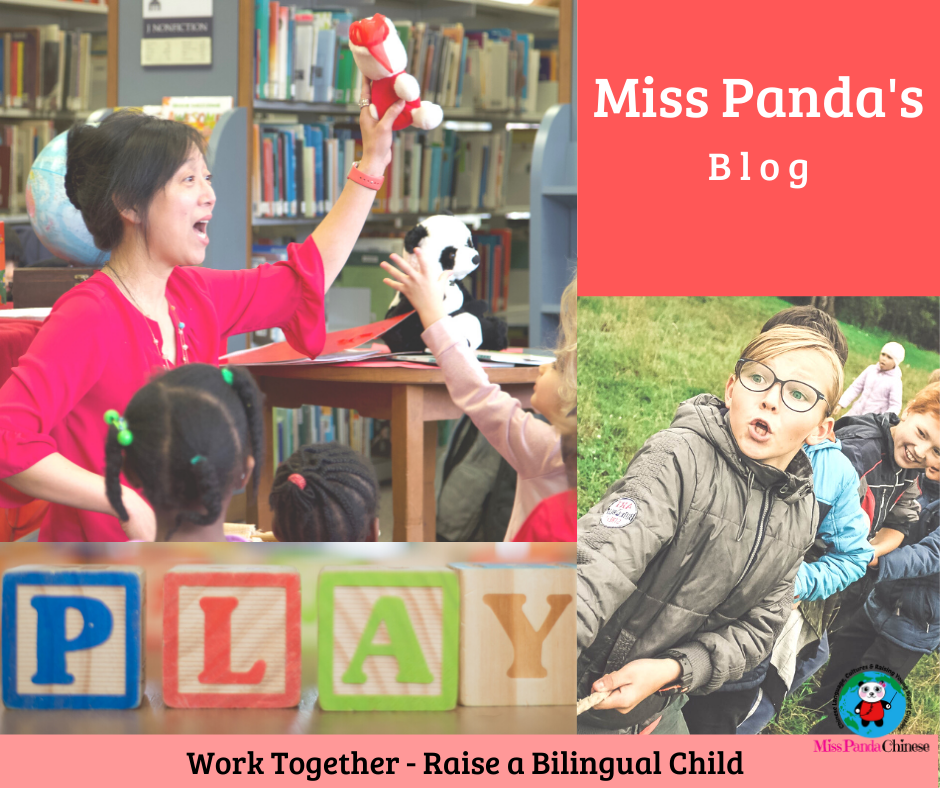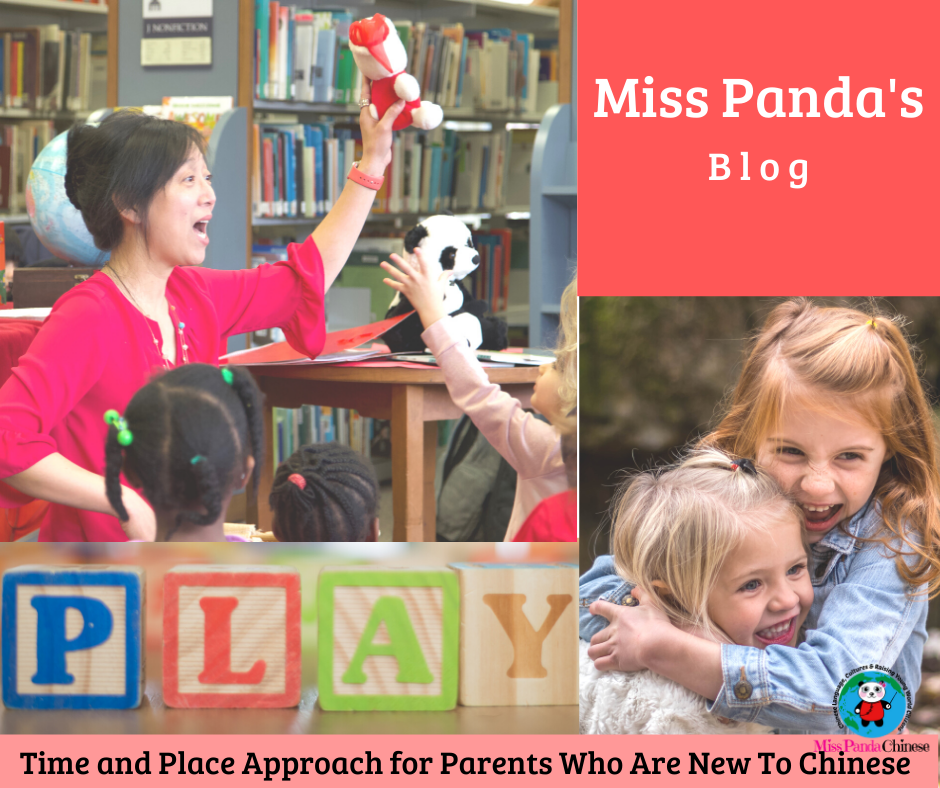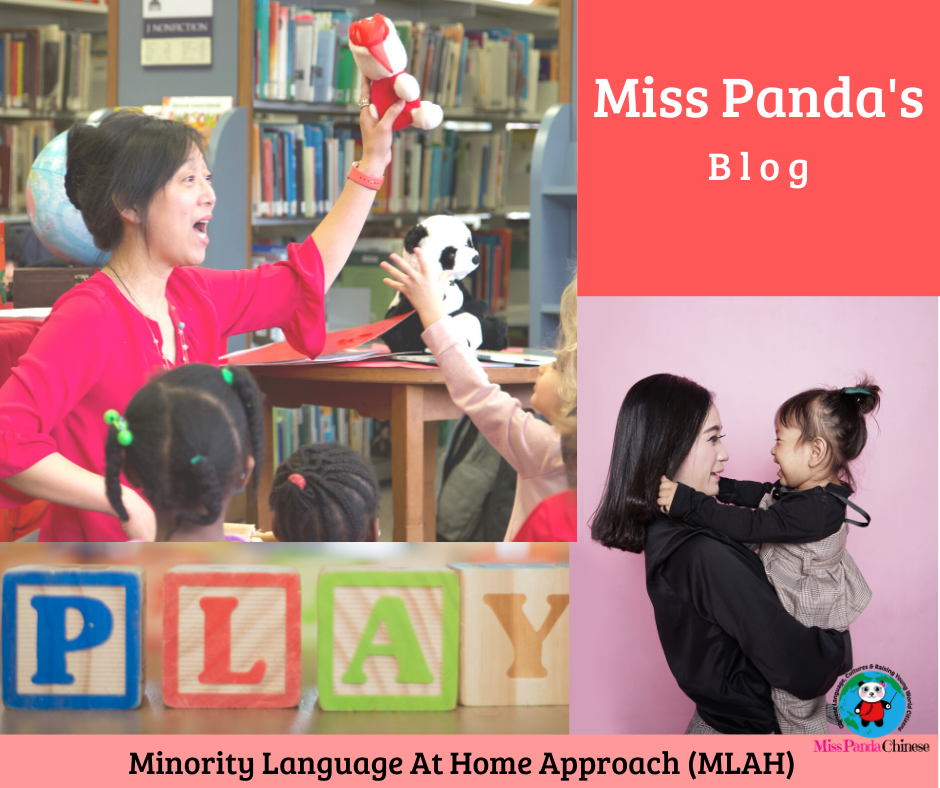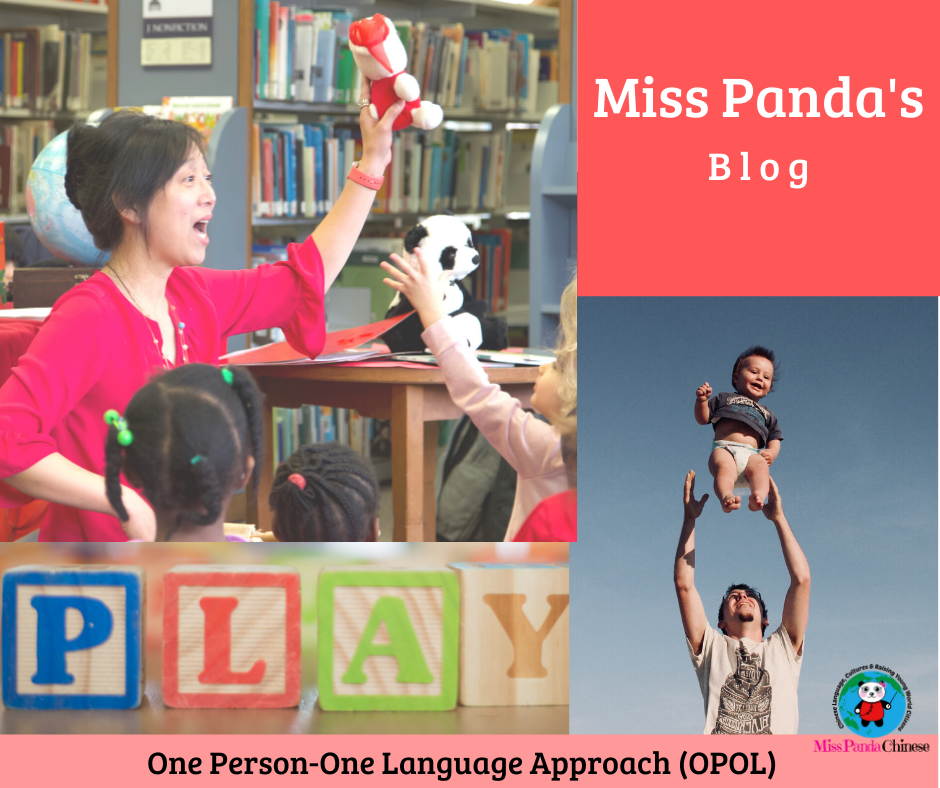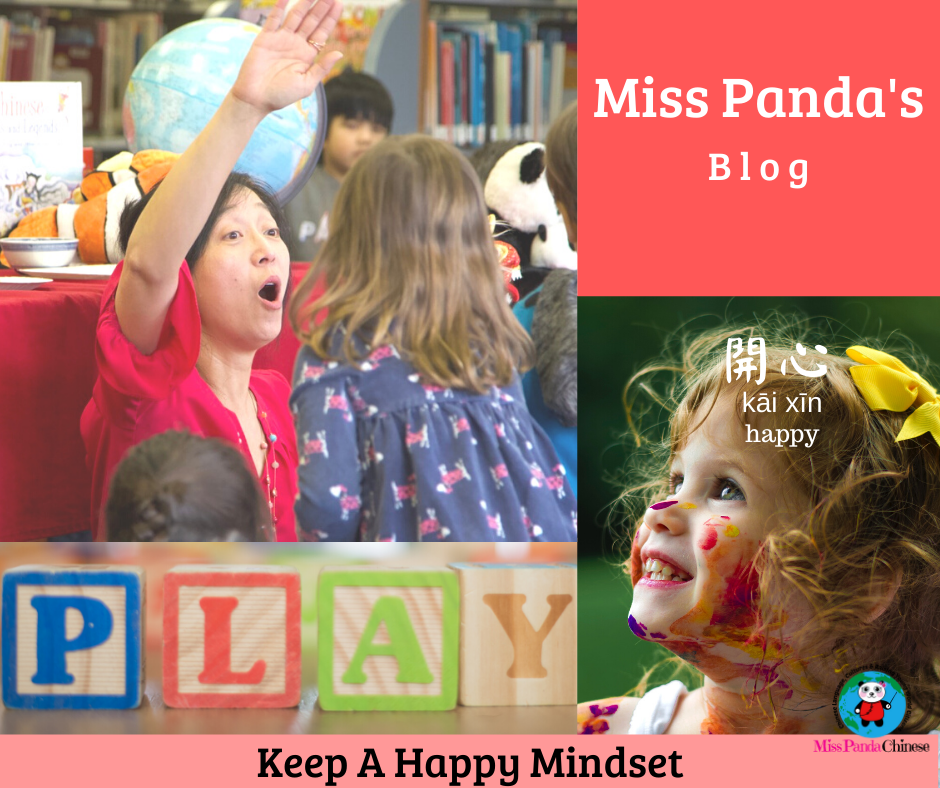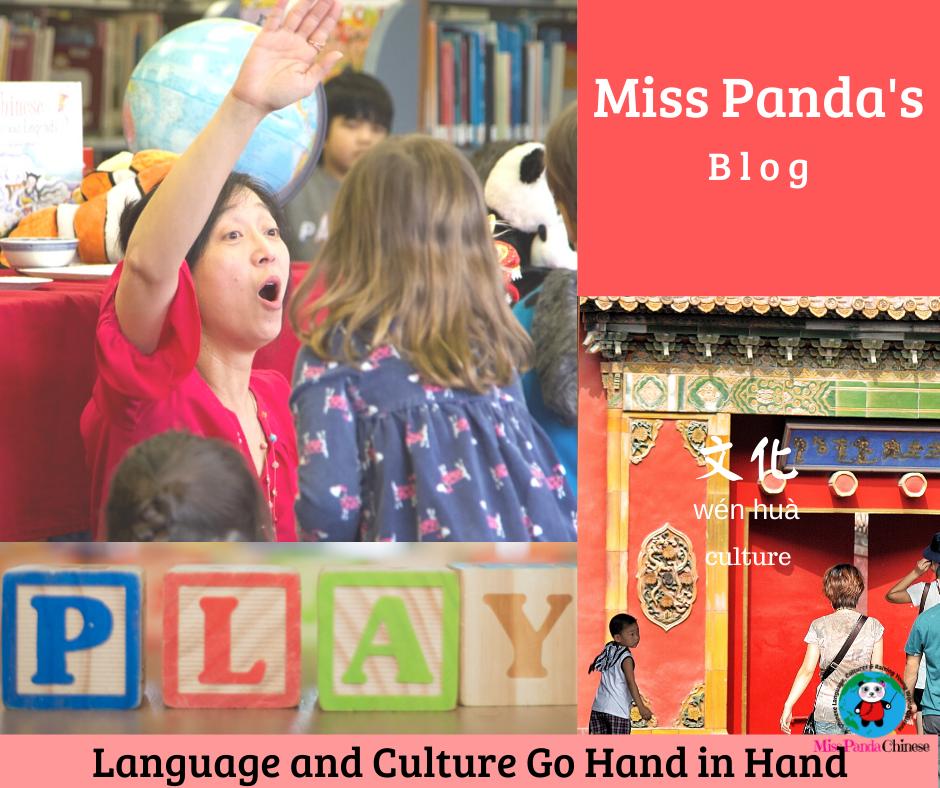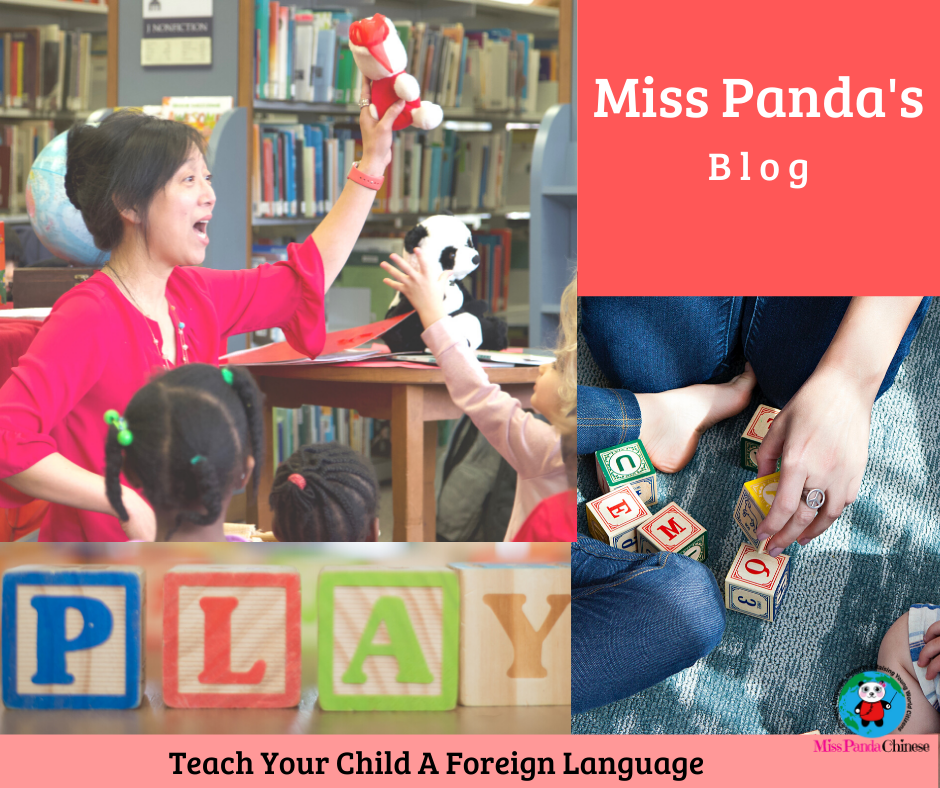First Mandarin Sounds an awesome Chinese word book
Big News!
There are two versions to choose from to fit your need.
Keep reading…there is also BONUS material.
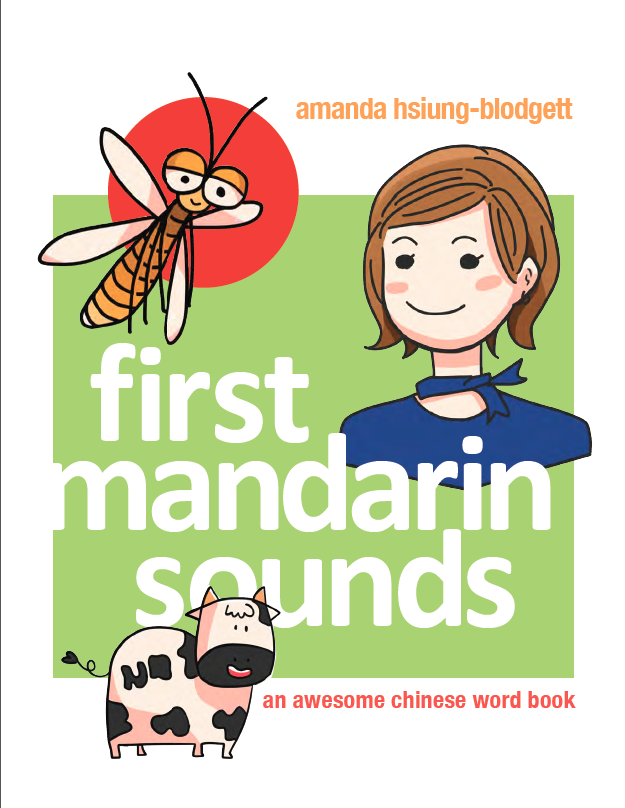
The first step to early Mandarin Chinese literacy is learning the first words and sounds.
“First Mandarin Sounds” provides children, parents, and educators with a fun introduction to each of the thirty-seven essential sounds of the Mandarin Chinese language. Using playful words and basic sounds.
With vibrant illustrations, a “look & find” design, and complimentary audio support, “First Mandarin Sounds” helps readers connect the right Mandarin sounds with some of the most commonly-used Chinese words. This is a tool for parents to guide children to learn how to pronounce Mandarin words in Pinyin spelling accurately.
Does Pinyin, the romanized Chinese words sound like the English alphabet? Not really. This picture word book shows you what the essential Pinyin spellings sound like in Mandarin with meaningful Chinese words that are relevant to your child’s daily life.
This children’s picture book is written in Chinese characters, Pinyin and English. Both Traditional Chinese and Simplified Chinese versions are available.
To further support the learning, There is bonus material of complimentary audio and playsheets for adult readers to guide children in learning the sounds and featured Chinese words in the book.
Read, play and learn! Let’s always keep learning fun.
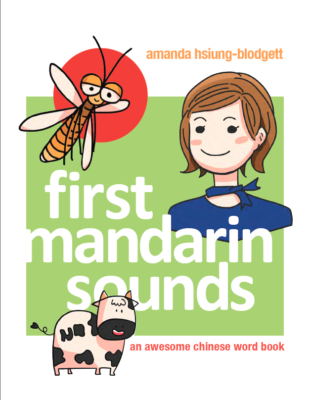
First Mandarin Sounds is a totally amazing beginner’s guide to pronunciation in Mandarin Chinese. It ticks all of my boxes for a great resource for my homeschooling, non-native speaking, learns as you go, Mandarin classes as Amanda Hsiung-Blodgett, in her own unique way brings words and learning to life. I think kids of all ages would be helped with their Mandarin Lessons from this book, and love it! The illustrations are engaging and fun! If you are adding one new resource for your beginning Mandarin journey, for any age, this is the one I would suggest! –Jaye, goodreads
Miss Panda Chinese Joy of Learning for Everyone!
Work Together – Raise a Bilingual Child Together is better. When parents work together toward the same goal you have a team. It is very much like team work on a project, in the office, or at work. You will need to work together. When you lead at work you have your team on your side to work with you. It is great to have support from your team when you introduce a new language to your
Read more →
Your Time Is Precious Your time is precious. As much as you want your child to be engaged in the learning. You, as a parent, need to be in the moment as well. There are many resources but you actually only need one to start with. You can aim for 30, 45, or 60 minutes a day but I often say it is a good idea to start with just five minutes. Quality over quantity. How about
Read more →
Time and Place Approach Raising bilingual kids is an exciting journey and there are different methods that you can use. Which method will work for your child and your family? Do you need to be bilingual or have a high proficiency in the target language to introduce the language to your child? What if you are learning the Chinese language as you are teaching it to your child? The goal for the parents is the same. Parents
Read more →
Minority Language At Home MLAH – Raise A Bilingual Child Speaking more than one language is the norm in many countries. A person might be speaking one language at work and speak another one or two languages at home. This is very common in some European countries. You also see it in Indian, Malaysia, Singapore, Malaysia, Africa, and China. Bilingualism seems natural in these countries. Dr. François Grosjean, Psycholinguist, and Professor Emeritus and former Director of
Read more →
one person one language (OPOL) approach When I met Annie at a party, she was about three years old. Her Dad’s native language is English and her mother’s native language is French. Both parents are fluent in each other’s native language. The Dad only speaks English to Annie and the mother only spoke French. She is now in college and is bilingual in English and French, although dominant in English. Her parents used the one person-one language
Read more →
The Impact of Curiosity When there is curiosity there is learning. You want to find out where your friend buys that amazing birthday cake so you make efforts to find out. Your little child wants to know how to open the drawers so she stands there to play with the drawers and figure it out. And, a student of mine who wanted me to teach more Chinese characters to the class so he brought his brother’s Japanese
Read more →
Keep A Happy Mindset – Teach Your Child A Foreign Language Learning, mindset, grit, and resilience These are the trending words we see and hear in the classroom, at school, and in the media. Teachers want kids to have a growth mindset. Parents want kids to have grit. And, experts and researchers talk to parents about raising resilient kids. Why is it important for kids to have a growth mindset, grit, and being resilient? What do these
Read more →
Language and culture go hand in hand – Teach Your Child A Foreign Language Culture is filled with surprises. Think about what you have been sharing with your child from home culture to the community culture. Family culture starts at home so is learning about the target language culture. Every time I have a cultural event at school or at the library child participants always teach me something new as they connect what they know about their
Read more →
Engage the senses – Teach Your Child A Foreign Language Children learn with senses since birth. Simple words and expressions in the target language lead kids to connect their understanding of the environment from one language to the other. Here are the top key questions you can ask in the target languages on a daily basis. What do you hear? (loud sound, soft sound…) How does it feel? (hard, soft…) What do you see? (big, small, colors…)
Read more →
Create a routine is to have the target language present in your child’s everyday life. It is a lifestyle and it is a part of your family activity. The best place to start is to anchor the target language with an existing routine. You can listen to a target language program during the commute with the kids. So it will look like this: go the car – buckle up – listen to Chinese songs/podcast/stories. Pick the program
Read more →


